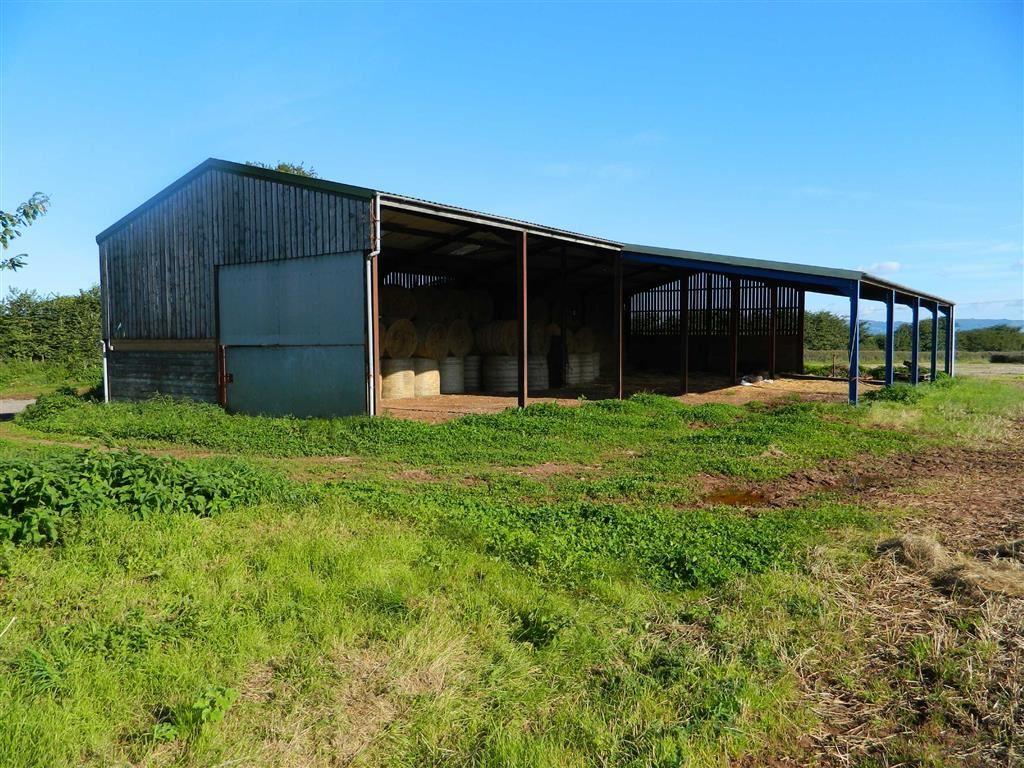For dairy farmers, secure and reliable access to water is an essential to operating a milking shed. in waikato, home to 4000 dairy farmers, many also need a consent to legally take this water.. Smart water use on farm water supply is a vital component of a farm and making sure systems are working efficiently can save water, time and money. the following tips will help identify opportunities to reduce water use and improve efficiency.. Water use > smart water use in the milking shed; a lot of water is used in the milking shed. efficient processes for milk cooling, vat wash and yard hosing can add up to significant savings in water. smart water use in the farm dairy. this guide looks at water use in and around the farm dairy, and whether there's potential for greater.
The holding yard at the entrance of the shed is important as a means of keeping cows moving into the shed. most yards have a powered gate that ensures that the cows are kept close to the shed. water is a vital commodity on a dairy farm: cows drink about 20 gallons (80 litres) a day, sheds need water to cool and clean them. pumps and reservoirs. Dairy: dairy sheds will use no more water for dairy shed washdown and milk cooling than is necessary to produce hygienic and safe milk (sustainable dairying: water accord). actual water use in the dairy shed is measured with a water meter.. Water use per day was significantly greater in the north than in the south west which in turn was significantly greater than in gippsland. the data indicates that dairies in the northern area use more water per day than dairies in the south west or gippsland for comparable herd size and shed type..



